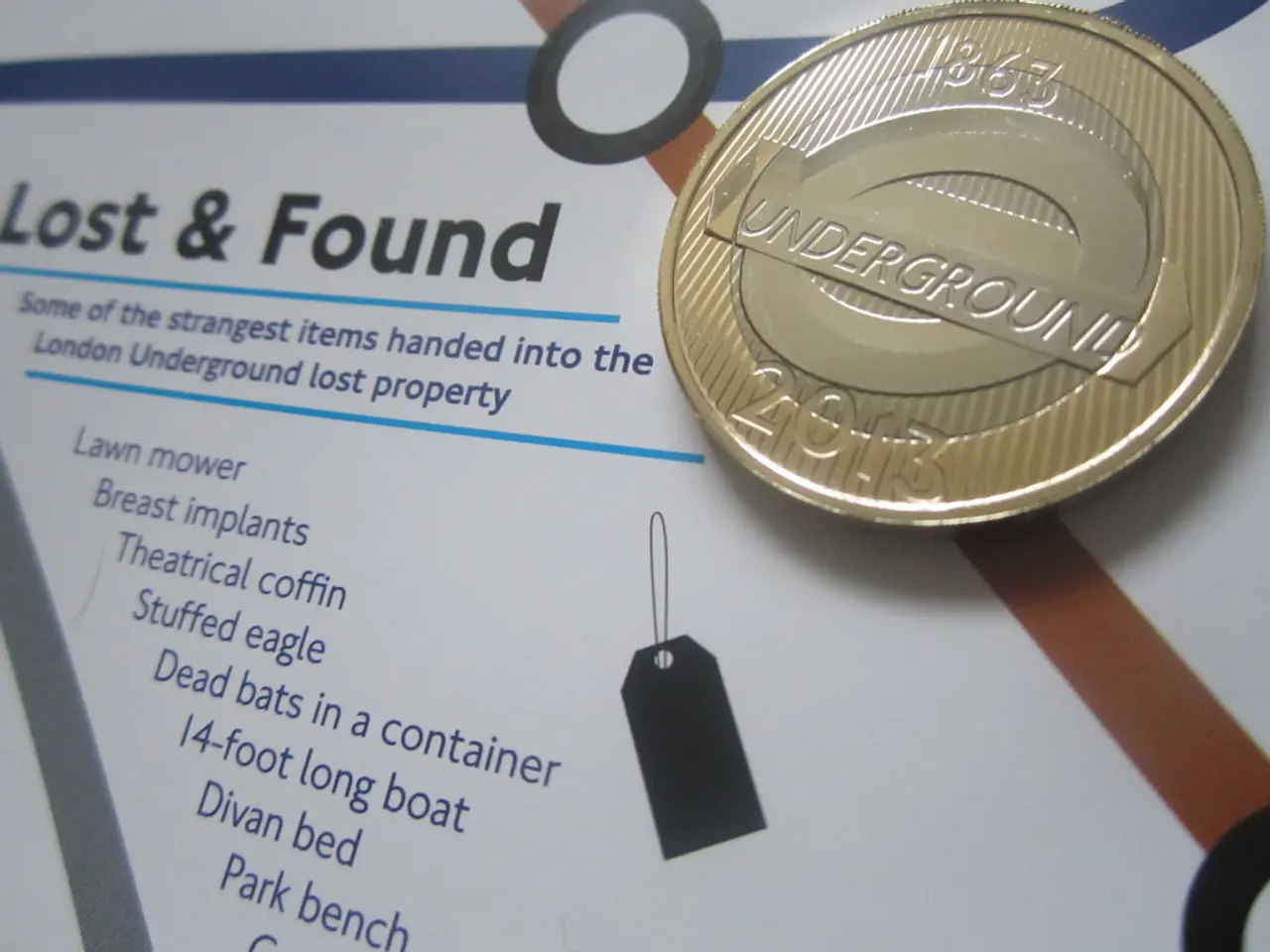Kuwait's Legislative Push for Arbitration: Faster Progress and Improved Competitiveness through Legal Measures
Kuwait currently lacks an independent and modern national arbitration law, a significant legislative gap that is hindering the country’s economic development and investment climate[1]. This absence of a clear legal framework for domestic dispute resolution is causing delays in commercial and investment activities, increased reliance on international arbitration forums, and limiting Kuwait’s attractiveness as a regional financial and legal center[2].
Current legislative status:
Kuwait’s constitutional framework allows the legislature to develop specialized judicial institutions consistent with judicial principles under Articles 164 and 166 of the Constitution[2]. Recent legislative efforts include updates to court fees (Judicial Fees Law No. 78 of 2025), encouraging arbitration by discouraging frivolous court cases and promoting dispute resolution outside courts[2][4]. However, no comprehensive arbitration statute tailored specifically to domestic arbitration has yet been enacted, making the legal environment still underdeveloped for this mechanism[1].
Impacts of the current situation:
The delay in dispute resolution hampers commercial and investment activities. Increased reliance on international arbitration adds cost and complexity for businesses operating in Kuwait[2]. Lack of legal certainty and predictability for investors limits Kuwait’s attractiveness as a regional financial and legal center[2]. The need to align dispute resolution with modern economic realities is recognized as critical to support Kuwait Vision 2035, emphasizing the development of the legal framework for investment protection and dispute management[2].
Proposed improvements:
- Enact a modern, independent national arbitration law that aligns with international standards such as the UNCITRAL Model Law on International Commercial Arbitration to provide clarity and autonomy in arbitration proceedings[1].
- Establish specialized courts or judicial tracks with judges trained in economic and financial matters to handle commercial and investment disputes efficiently and competently[2].
- Implement institutional reforms to reduce jurisdictional overlap and improve judicial specialization, taking lessons from regional examples like Egypt but avoiding pitfalls such as merging civil and criminal economic cases in one entity[2].
- Promote legislative and regulatory changes that incentivize arbitration and conciliation as primary dispute resolution mechanisms, continuing to update fees and procedural rules to deter unnecessary litigation[4].
- Build consensus among judiciary members, academia, regulators, and investors to ensure reforms reflect Kuwait’s legal identity and market needs[2].
To achieve a qualitative leap in the field of arbitration, Kuwait needs an integrated arbitration education system at specialized universities and institutes, with international connections. A safe environment must be provided for witnesses, experts, and legal advisors to participate in local and international arbitration, and advanced logistical facilities must be provided to support arbitration. Arbitration is seen as a vital component of economic development in Kuwait, as it can attract cases, enhance competitiveness, and improve the business environment.
It is necessary to establish the necessary immunities for those working in their arbitration duties, incorporate women's participation in arbitration in accordance with international requirements, and increase access to international arbitration organizations.
Tareq Yousef AlShumaimry, former Secretary-General of the Commercial Arbitration Centre of the Gulf Cooperation Council, emphasizes the growing importance of arbitration in a complex global economy. AlShumaimry served as Chairman of the Finance Committee and Chairman of the General Budget Committee of the Permanent Court of Arbitration in The Hague (PCA) and an observer in the Administrative Council of the Court and the Consular at International Court of Justice (ICJ) and the Embassy of the State of Kuwait in the Netherlands from 2013 to 2020.
The Global Competitiveness Index on contractual justice shows Kuwait lagging behind regionally and internationally due to some outdated or non-issued legislation. The absence of a clear national legislative framework for local arbitration in Kuwait is making it an outlier among GCC countries. A comprehensive and developed arbitration law in Kuwait is necessary, consistent with modern international arbitration standards and principles.
For more information, please contact Tareq AlShumaimry at [email protected].
[1] Al-Rashed, M. (2022, March 1). Kuwait's Lack of National Arbitration Law: A Major Legislative Gap. Arab News. [2] Al-Sabah, A. (2021, May 1). Kuwait's Vision 2035 and the Need for a Modern Arbitration Law. Gulf Times. [3] Al-Omar, S. (2020, August 1). Kuwait's Arbitration Law: A Missing Piece in the Economic Puzzle. Al-Watan Daily. [4] Al-Khaldi, H. (2019, December 1). Judicial Reforms and the Future of Arbitration in Kuwait. Middle East Law & Governance Review.
- The need for a modern, independent national arbitration law tailored to domestic issues is crucial to achieving alignment with international standards and providing clarity in arbitration proceedings, as well as attracting cases and enhancing competitiveness in Kuwait's business environment.
- In order to address the delays in dispute resolution and increase Kuwait's attractiveness as a regional financial and legal center, it is essential to enact a comprehensive and developed arbitration law that is consistent with modern international arbitration standards and principles.




